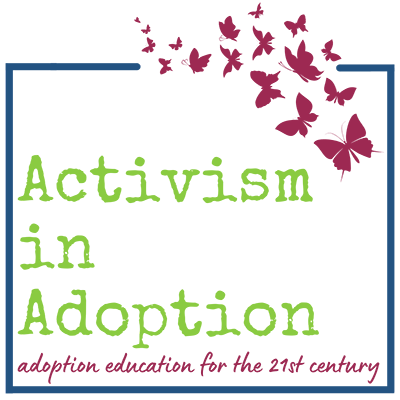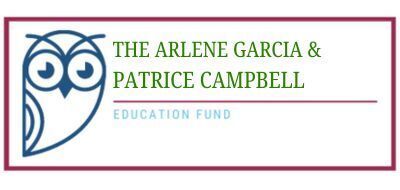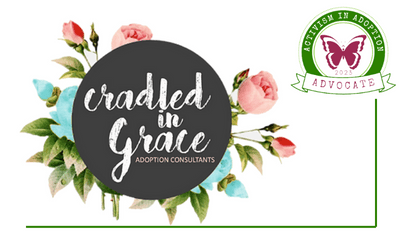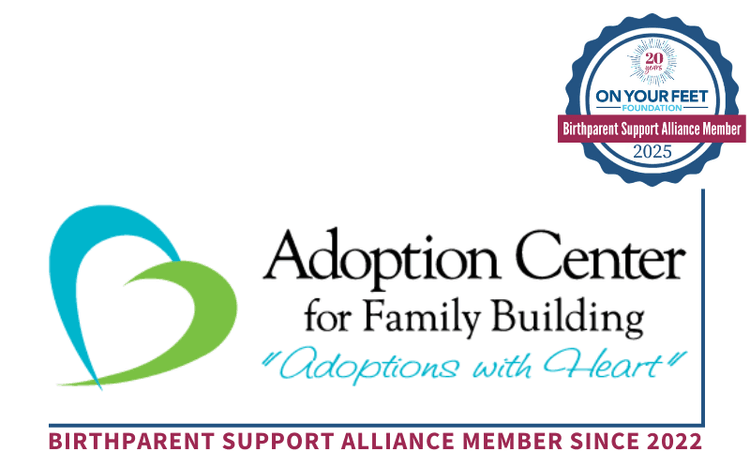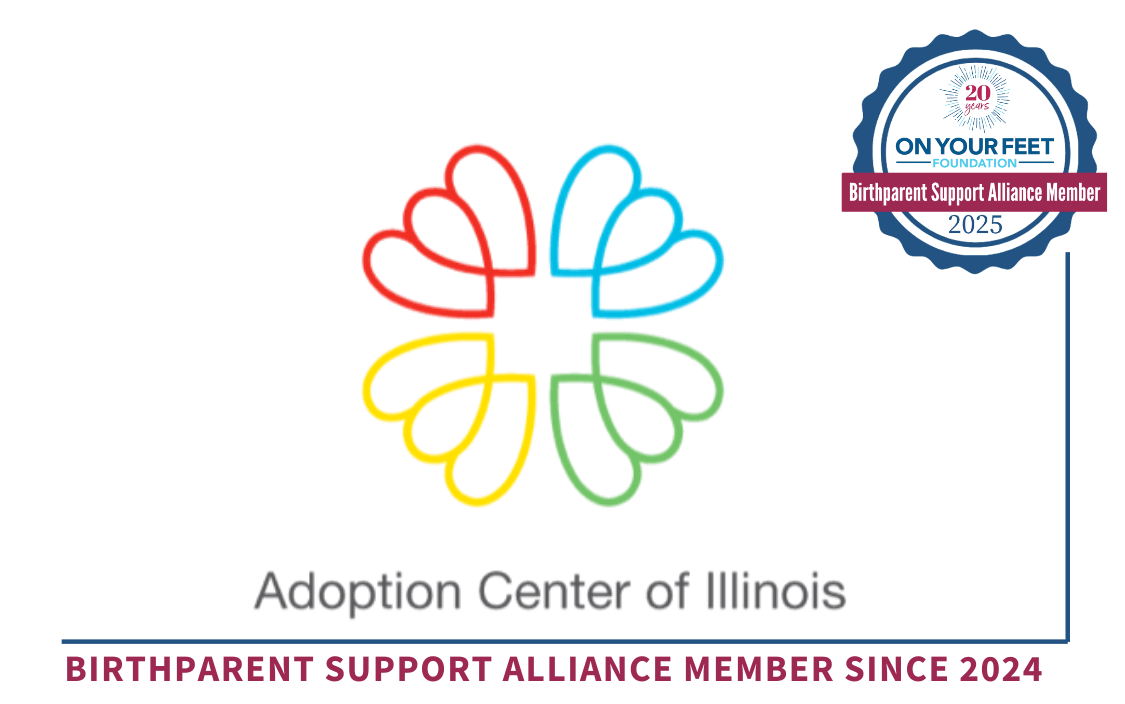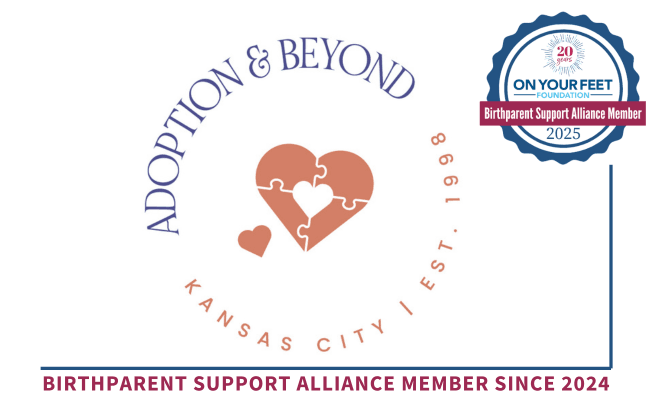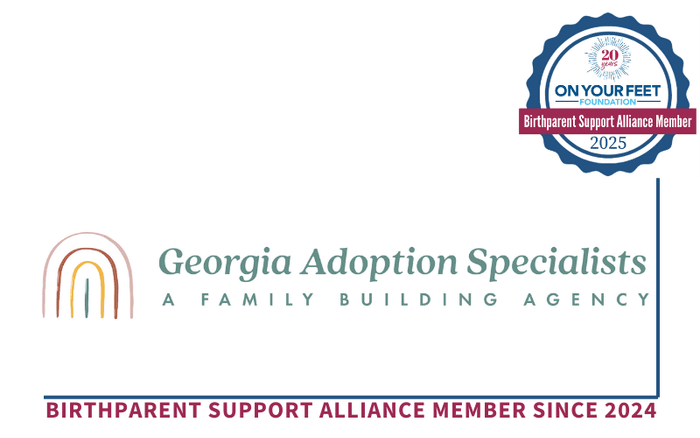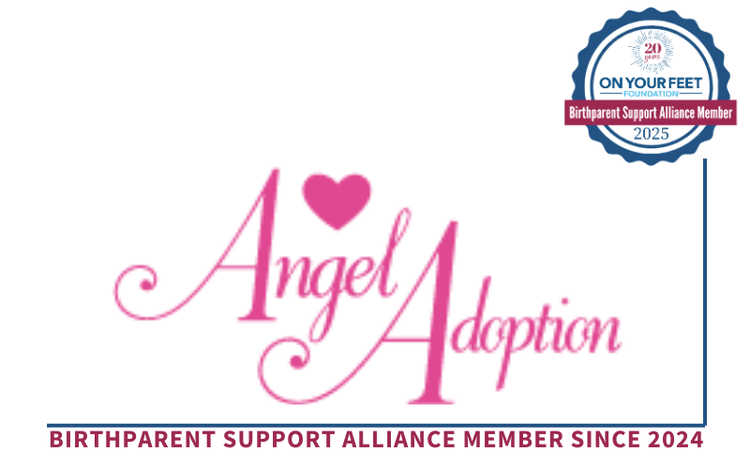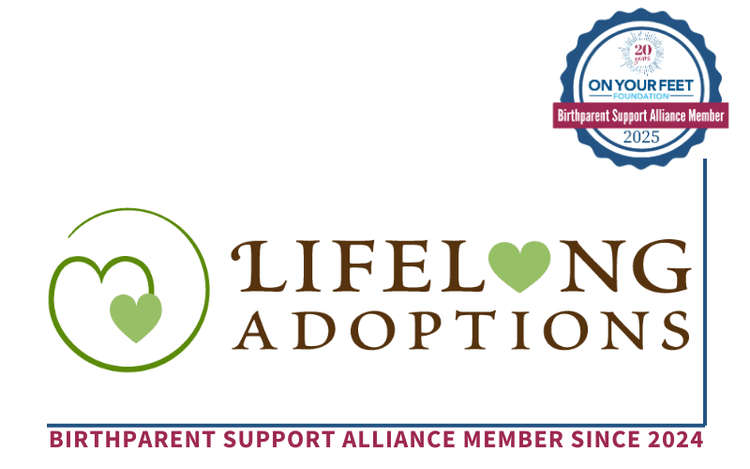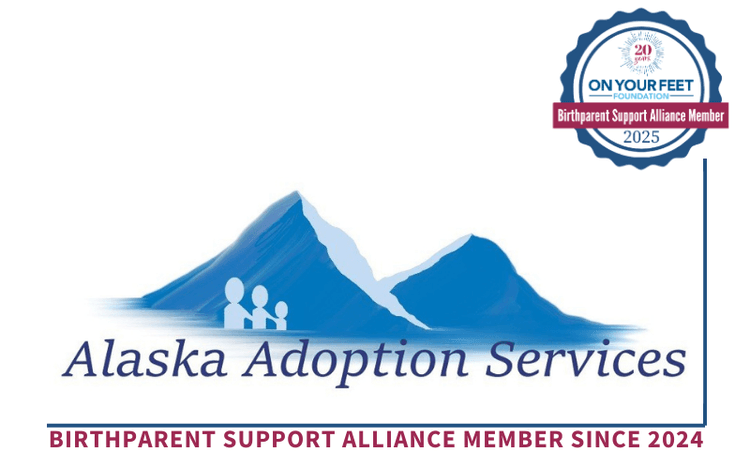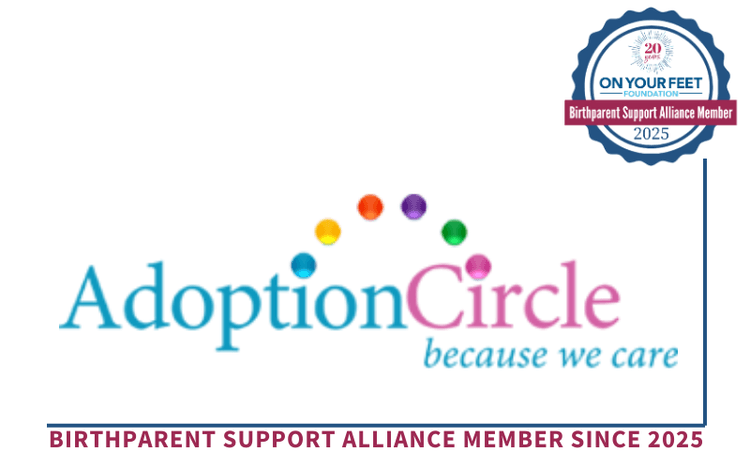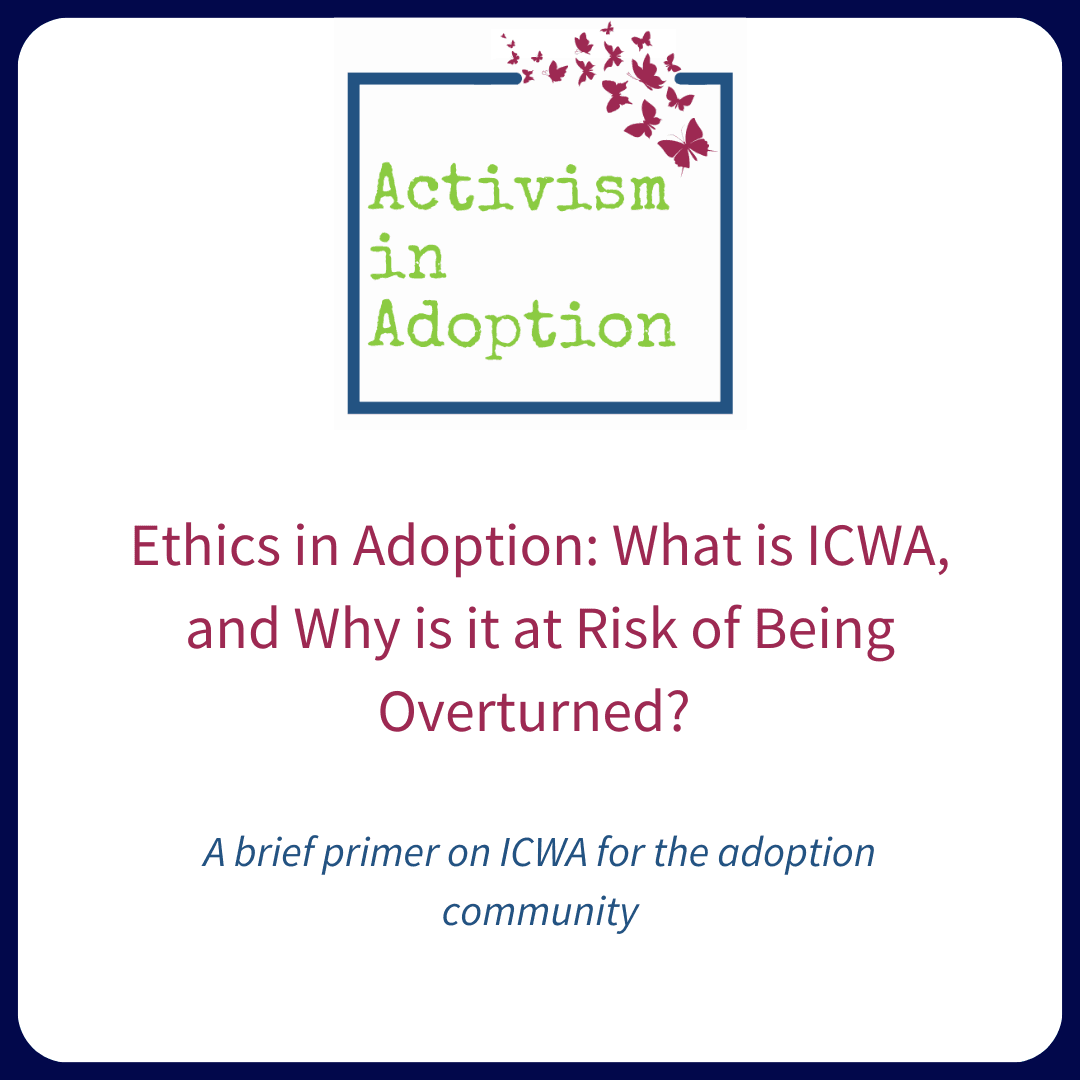
On Your Feet Foundation does not take a position on adoption. However, we do advocate for ethical adoption practices through Activism in Adoption. As long as adoption exists, we must work to ensure that every adoption is ethical and that every expectant parent and birthparent is treated with dignity and respect, which includes having full knowledge of their rights and options. Ethical adoptions help to ensure better outcomes for all members of the adoption constellation.
In June 2023, The US Supreme Court is expected to release its decision on Haaland vs Brackeen, a case that challenges the constitutionality of the ICWA. The plaintiffs, a non-Indigenous Texan couple named Chad and Jennifer Brackeen, claim that the ICWA's preference for placing Indigenous children with foster parents from their tribal nations discriminates against non-Indigenous individuals who wish to adopt Indigenous children. While we wait for that decision, we put together a brief overview of ICWA and why it is a critical component of adoption law.
What is ICWA?
Enacted by Congress in 1978 as a response to the large numbers of Native children being removed from their families by state child welfare and private adoption agencies, ICWA (Indian Child Welfare Act 25 U.S. C. 1902) protects, “…the best interest of Indian Children and to promote the stability and security of Indian tribes and families by the establishment of minimum Federal standards for the removal of Indian children and placement of such children in homes which will reflect the unique values of Indian culture and by providing for assistance to Indian tribes in the operation of child and family service programs".
What is the connection between ICWA and adoption?
Prior to ICWA, 25-35% of Native children were being removed from their parents’ care, and of those removed, 85% ended up placed outside of their families and communities, even when there were willing and fit relatives available for kindship adoption, which Congress recognized was happening as a result of cultural ignorance and bias. Extensive research into the effects of prolonged separation from Tribes and cultures clearly demonstrates how this separation has harmed the mental and physical well-being of adopted Native American children.
It is important to remember that for as far back as the Revolutionary War, colonizers were removing indigenous children from their families and Tribes and forcing them to ‘assimilate’ into non-native culture, in order to ‘civilize’ them. Hundreds of boarding schools were set up by the US government to strip tribal culture from indigenous children, by restricting them from wearing traditional clothing and regalia, speaking their languages, using cultural practices, cutting their hair, and stripping from them the indigenous names given to them by their parents. All markers of Indigeneity were erased, while these schools educated them by training them for low-paying vocational work or domestic service, and these schools were modeled after the Carlisle School, founded in 1872 by US Amy Captain Richard Pratt, whose motto for assimilation, “kill the Indian in him, and save the man,” became the rallying cry for the schools that followed. Physical, emotional, and sexual abuse was rampant. Research conducted by The National Native American Boarding School Healing Coalition demonstrates that by 1926, over 80% of school-age Native American children (almost 61,000) attended 367 of these schools in the United States. Many children never returned home and their fates have yet to be accounted for by the U.S. government.
What Does ICWA do? How does it help Native children and communities?
ICWA governs State child-custody proceedings in the following ways:
- by recognizing Tribal jurisdiction over decisions for their Indian children;
- by establishing minimum Federal standards for the removal of Indian children from their families;
- by establishing preferences for placement of Indian children with extended family or other Tribal families;
- by instituting protections to ensure that birth parents’ voluntary relinquishments of their children are truly voluntary (BIA.gov)
Why is ICWA under threat?
Haaland v. Brackeen is a pending Supreme Court Case that challenges the constitutionality of the Indian Child Welfare Act, by arguing ICWA unconstitutionally discriminates based on race because it favors Native families in the adoption of Native children, and that it is an overreach of Congress’ powers by impeding the rights of states to set the standards for placement of children in their child welfare systems. Haaland v Brackeen argues that ICWA discriminates against white people, and seeks to reframe tribal membership as a racial, rather than a political category, arguing that it disadvantages white foster parents trying to adopt Native children.
What Happens if ICWA is overturned?
If ICWA is overturned, states would once again have the authority to remove Native children from their families, tribes, and culture, which not only separates them from both family and culture, but also undermines key tenets of federal Indian law, and threatens many other laws upholding tribal sovereignty. 497 Tribal Nations, 62 Native organizations, 20 states and DC, 87 congresspeople, and 27 child welfare and adoption organizations, and many others signed on to 21 briefs submitted to the U.S. Supreme Court in favor of upholding ICWA, and a decision is expected in June 2023.
For more information and resources, please visit:
https://boardingschoolhealing.org/
